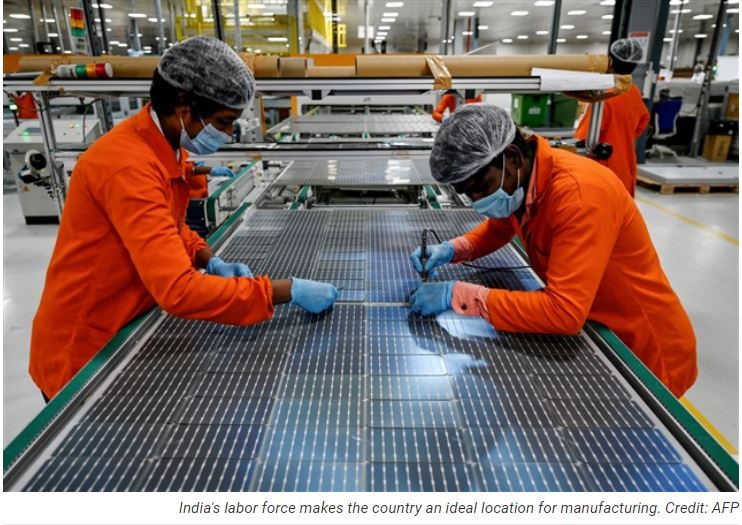Mr. George Chiou, President – Air Freight, Executive Management Board of Dimerco Express Group, is recently interviewed by Digitimes, a media major in Semiconductor & Electronics in Taiwan, sharing the business potential of Free Trade Warehousing Zone in India, and the article was just released on Digitimes’ website on Feb. 23, 2023.
India has risen to be the next global manufacturing hub and holds great market potential. George Chiou, air freight president of international logistics company Dimerco, said those interested in entering the Indian market can start doing business in the free trade warehousing zone (FTWZ) to avoid making heavy investments in the first place.
Headquartered in Taiwan, Dimerco has expanded to 64 countries over the last 50 years. Semiconductors and consumer electronics are two of the key focuses of the company. In an interview with DIGITIMES Asia, Chiou shared Dimerco’s insights and how it responds to the ever-changing global market. Part one of the interview can be accessed here.
Automotive electronics and smartphone manufacturers have great interests in the market
India has a population of more than 1.4 billion with an average age of 28.7, according to The World Factbook. The labor force makes the country an ideal location for manufacturing.
Chiou said the Indian government offers three incentive programs to attract investment for electronics manufacturing worldwide. The Production Linked Incentive Scheme (PLI) targets large investments in mobile phone manufacturing and specified electronic components.
The Scheme for Promotion of Manufacturing of Electronic Components and Semiconductors (SPECS) and the Electronics Manufacturing Clusters (EMC) Scheme encourage companies to set up R&D centers or subsidiaries in India, Chiou added.
The president also said some big Taiwan-based companies are anxious to learn more about the market. They are mainly on the supply chains of automotive electronics and smartphones. Chiou said those companies will enable cluster setup if they expand to India.
For those considering entering the Indian market, Chiou said starting with the FTWZ instead of industrial regions would be a better approach. Regular suppliers of India-based manufacturers and traders who want to keep suppliers’ information to themselves are suitable for the business model.
Chiou also suggested companies that want to enter the Indian market operate in the FTWZ before setting up a local branch. They can get a better idea about their product acceptance in the country before making investment promises.
A stepping stone for entering the Middle East and Africa
Dimerco expanded to India in 2012. Chiou said the company has six local offices based in New Delhi, Ahmedabad, Mumbai, Hyderabad, Chennai and Bangalore, the Silicon Valley of India.
He said Dimerco’s mission in an emerging market is to help companies comply with local laws and become aware of tax regulations. Both are extra complicated in India. It can also identify appropriate suppliers for new entrants since it has operated in the country for over 10 years.
According to Chiou, customs clearance has to be finished within 48 hours after the flight lands in India. The regulation results from the limited warehouse capacity forcing airplanes to bypass the facility.
India’s population also brings the country the third-largest purchasing power in the world. Chiou said smartphones have great potential in the market as each person owns only 0.46 smartphones on average. Moreover, 5G network deployment in the future will encourage more people to buy new and better phones.
While India is a rising star, Chiou said the country is unlikely to become a transshipment hub like Singapore because of the under-developed infrastructure, such as roads and airports.
He added that India is more like an alternative production location close to major markets. With the advantages provided by FTWZs, it could serve as a stepping stone for those who want to expand to the Middle East or Africa.
